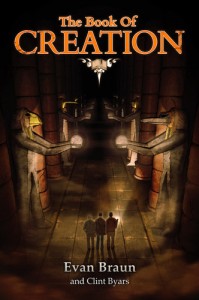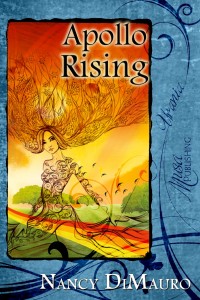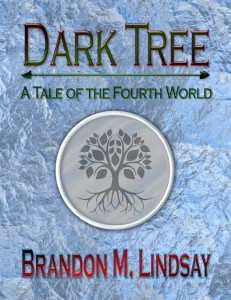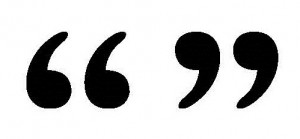 From the very beginning of our site, we have been inspired by professionals. If you want to be a success, after all, start by hanging around successful people. In that vein, we have worked hard over the past two years to find a broad range of professional guest bloggers. Some are other writers like us, at the beginning of their careers. Others are bestselling authors who have hit the New York Times bestseller lists many times. We have mystery writers, romance writers, fantasy writers, science fiction writers… you name it, we’ve had it (or we’re still trying to get it!).
From the very beginning of our site, we have been inspired by professionals. If you want to be a success, after all, start by hanging around successful people. In that vein, we have worked hard over the past two years to find a broad range of professional guest bloggers. Some are other writers like us, at the beginning of their careers. Others are bestselling authors who have hit the New York Times bestseller lists many times. We have mystery writers, romance writers, fantasy writers, science fiction writers… you name it, we’ve had it (or we’re still trying to get it!).
If you’re new to the Fictorians, you may have missed many of these guest posts, which is why Ace Jordyn tirelessly combed through our archives, assembling a list of some of our greatest hits. It wasn’t an easy task! So grab a cup o’ tea, share a genre cookie with Sarah A. Hoyt, and follow the links.
As always, you’re welcome to leave a comment, share your experiences, and let us know which of our many guest bloggers speak to you. And there’s a lot more where this came from! Come back tomorrow for a whole second round of quotable moments. Cheers, and happy reading!
* * *
In a mad dash I edited, edited, rewrote, and then uploaded Weight of Blood for 99 cents. I basically tried to outrun my doubt and fear, because I knew if I delayed I would eventually wimp out. So on sale at Amazon went my first book. I figured fifty sales a month would be fantastic. Heck, on the first day that I sold five copies, I called and told my brother, all ecstatic. (David Dalglish: The Triumph of the Dalglish: How I Sold 200k Novels While Not Knowing Squat)
It’s an illusion, you see. The phrase we use is historical accuracy, and it is as important to the genre as the willing suspension of disbelief is to fantasy. The world must appear real, torn from the pages of a text book, and the more real it seems the more latitude the writer has in introducing anachronisms. And ancient historicals require anachronisms; they require a touch of inaccuracy in order for the writer to translate the attitudes and mores of so remote a time into modern vernacular. (Scott Oden: Weaving a Tapestry of Words: the Art of the Ancient Historical)
Traditional publishing means you have gatekeepers. Are they always right? Of course not. Are they right a lot? Absolutely. And the checks and balances of traditional publishing mean that you’ll have a professional product when you’re done, and that really does matter, especially when you’re starting out. (Gini Koch: Why I Like Traditional Publishing)
Steampunk is the cheeky tendon that connects a cynical present to an equally flawed, yet more colourful and idealistic past. (Billie Milholland, The Maker Spirit of Steampunk)
So before you write cross-genre, you need to be aware of what readers of each genre expect. This is best achieved by reading both (all three?) genres you’re crossing, so you’re aware of what the readers expect from each. And hey, once you’re aware of it, you can give the readers special “genre cookies” which will make each of them very happy. (Sarah A. Hoyt, What’s in a Genre?)
Science fiction relies on the laws and principles of science both for world building and for problem solving. That means cause and effect, the conservation of matter and energy, measurability and certainty. The laws of physics can’t be broken on a whim and mysterious and mystical “forces’ can’t be called on to save the day. Star Trek (“I kenna break the laws o’ physics, Captain”) is science fiction; Star Wars (“May the Force be with you, Luke”) is fantasy. (Hayden Trenholm, Science Fiction: Our Conversation with the Future)
In fact, with horror, getting the basic story elements right is even more vital because the horror element may be so fantastic it requires a greater suspension of disbelief and therefore a higher degree of grounding… the greater the story, the greater the horror. (Craig DiLouie, What Makes Good Horror?)
That’s a balance authors have had to work with for decades, if not centuries-the idea being that promoting your book keeps it in people’s minds. Right now you can do that through engaging blog posts, being on Twitter, going to conventions, doing book signings, and all of these things. They take time. If they take so much time that you’re not writing your next book, then the question becomes are they worth it? (Brandon Sanderson, Brandon Sanderson Dishes on Publishing)
I started my self-publishing experiment last August when I published The Demigod Proving. In November I followed up with Keep Mama Dead… But there is one thing I have learned, that I’m qualified to talk about, and that might be useful to you: you should give up your unreasonable hope, and maintain your reasonable hope. (S. James Nelson: Abandon All (Unreasonable) Hope)
Writing tie-in fiction isn’t for people who think writing is an art, it’s for the folks who know it’s a business. You have to be able to work under pressure, absorb a lot of information quickly, change gears on a dime, and abide by strict rules, like non-disclosure agreements (NDAs). If that doesn’t sound like fun to you, chances are good that writing tie-in fiction would just leave you frustrated and with only half a head of hair. If, on the other hand, it does sound like fun, I’d suggest a visit to your doctor-they have medication for that now, heh. (Marsheila Rockwell: Tie-in Fiction)
I regularly write, and publish, an average of 300,000-500,000 words each year. To me the word “office” is only a loose term for the place where I get my writing done. I can sit in a bustling coffee shop with headphones on, and disappear into my story. I can take notes on the paper tablecloth in an Italian restaurant. I can write anywhere. (Kevin J. Anderson: Outside, In the Office)
Like the Romans, we turtle up, trying to buy ourselves the time for intel to catch up to the environment and give us a good look at what we’re dealing with. There really wasn’t a lot of difference between goblin clans and the Jaysh al-Mehdi in this case. Both were totally alien to us. Both were potentially deadly. (Myke Cole: Capturing that Military Feeling)
When you put yourself out there, you lose all control of how people perceive you. They see through their own lens. Try not to take it personally (yeah, right)… (Mercedes M. Yardley: Your First Hate Mail: How Life Can Change After Working for a Magazine)
Sometimes publishers don’t take books that are perfectly good because the books don’t stand out. Sometimes the books have major flaws. Sometimes, though, the world’s just not ready for the author. (David Farland: The Future of Publishing Is Self-Publishing)
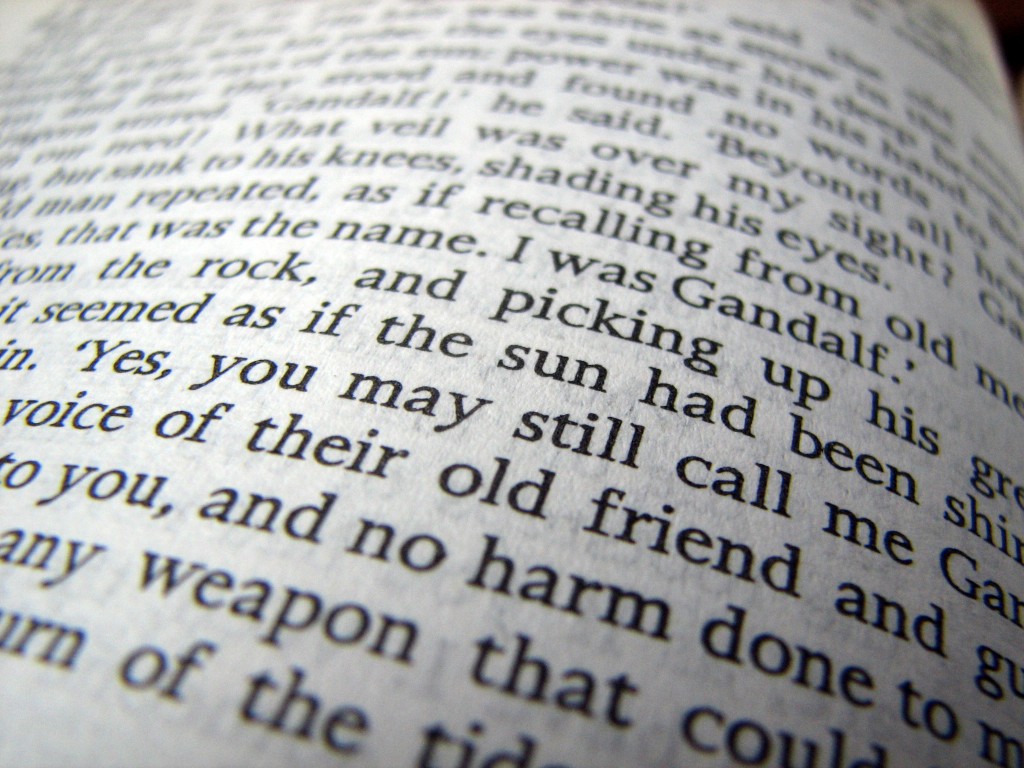 of twenty-three writers why they write, and you’re going to get twenty-three different answers. I should know, because that’s exactly what I started doing a week ago in preparation for this month’s Fictorian Era coverage.
of twenty-three writers why they write, and you’re going to get twenty-three different answers. I should know, because that’s exactly what I started doing a week ago in preparation for this month’s Fictorian Era coverage.
